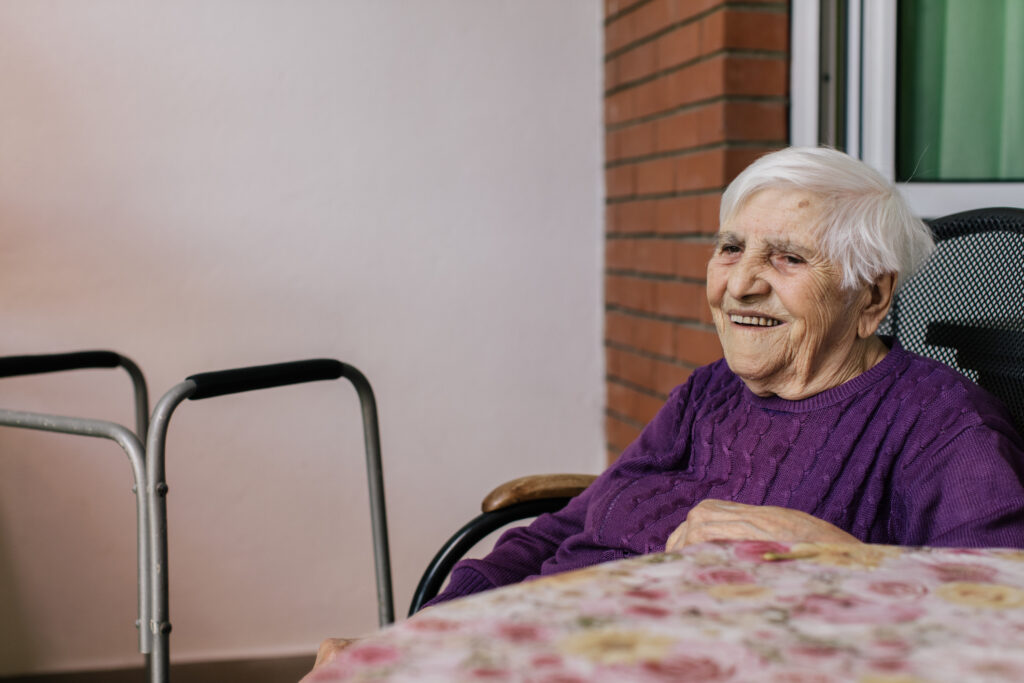
How owning property can be key to a charity’s future
Target Housing has grown from a small local charity to a registered social landlord (RSL) managing 1,000 properties across South Yorkshire. CEO Shaun Needham explains why buying property has been instrumental to the charity’s success.
Can you tell us about your property journey?
Back in 2008, Target was very small; we only operated in Sheffield. The local authority provided most of our properties and suddenly announced that it was planning to sell eight of them. So, we decided to buy eight properties of our own.
That decision kickstarted everything. For one thing, it changed the mindset of our Board. To begin with, the Board members were worried about their liability. It took a lot of persuasion to convince them that property purchase is fundamental to the charity’s future.
We haven’t really stopped since. We more or less went straight from those properties into another buying programme and then another. We now manage around 1,000 properties and own almost 100, around 40 of which were part-funded through Charity Bank. I expect to move onto the next buying programme fairly quickly.
For me, this is Target Housing’s lifeline – we’ll survive by being the master of our own destiny. With a portfolio of 100 properties, we can do anything.
So, do you think owning property strengthens the charity?
For us, it’s crucial. We currently have numerous local authority contracts, a contract with the Home Office, and a few other smaller contracts. If we lost everything tomorrow, we’d still have those 100 properties, which means we could still offer bed spaces to vulnerable people, and the rent would still come in. Target would look vastly different, but it would be able to carry on.
Back in 2008, if we’d lost our Sheffield contract we would have gone bust overnight. So, to get to a point where we’re beyond that risk is fantastic. And property does genuinely play a part in that.
Plus, a lot of the houses we manage now are through private landlords. Those properties take three times as much work. Every time we buy a new property, we can give one back to a private landlord.
Has owning property helped you to expand your reach?
We weren’t operating in Doncaster before we bought those first eight properties, but we bid on a tender in Doncaster and included the fact that we were planning to buy properties. We won that tender so bought five properties in Doncaster and three in Sheffield. We now operate across the whole of South Yorkshire.
When I joined Target in 2008, we had 23 staff running out of one office. Today, we have 170 staff working out of six different offices.
What other sources of funding have you used for buying your properties?
Our first buying programme was part-funded by Futurebuilders. We also got £5 million from another social investor for a recent buying programme. That money covered 100% of the property price and a percentage of the refurbishment work as well as paying for somebody to actually do the purchasing for us. The downside with social investment is that you’ve got to buy the properties off the investor after a fixed period or give them back. Until then, the investor owns the properties, not you.
Why did you choose Charity Bank for your first loan?
We were looking at two or three lenders. Our Chair really liked Charity Bank’s name – it resonated with the charitable status of Target Housing. He felt that we were dealing charity to charity. Looking back, I’m very glad we did go with Charity Bank. It’s been a brilliant partnership over the years.
In what way has it been a brilliant partnership? What’s made you keep coming back to Charity Bank for more loans?
It’s all down to the people and knowing who you’re dealing with. It’s always felt like we were talking to a real person; it never feels corporate. They take the time to understand what we do and who we are. I can always think, “I’ll go and talk to Sharon; Sharon will sort it out.” Or I’ll talk to Jeremy and he’ll come to visit and we’ll have coffee and biscuits. It feels like we’re all working together.
How have you found the loan process itself? Does it get easier each time you apply to borrow more?
Each time that we’ve bumped up the loan, Jeremy has taken most of the work out of our hands. It’s not quite a case of “Just sign this,” but it’s not far off. COVID made the last round more challenging because of the timescale.
What would you say to other charities that are thinking of buying property?
Have a backup for what you’re going to use the properties for. In the early stages, I was very clear that if the project failed, we could use the properties for a different project, even if that project didn’t yet exist. We’ve always felt that if the world collapsed, and we were just left with our properties, we could do something with them – we’d always offer a service.
So, as long as you know what you’re going to use your properties for today, tomorrow and if the world comes to an end, I think there is no better way to control your own future than owning your own properties. And Charity Bank makes the process easy.
Charity Bank has loaned money to numerous social housing projects. If you need finance for yours, please call us on 01732 441919.
About Charity Bank
Charity Bank is the loans and savings bank owned by and committed to supporting the social sector. Since 2002, we have used our savers’ money to make more than 1400 loans totalling over £605m to housing, education, social care, community and other social purpose organisations.
Nothing in this article constitutes an invitation to engage in investment activity nor is it advice or a recommendation and professional advice should be taken before any course of action is pursued.


